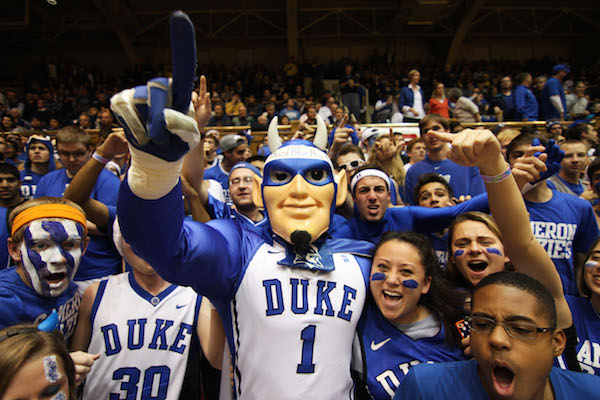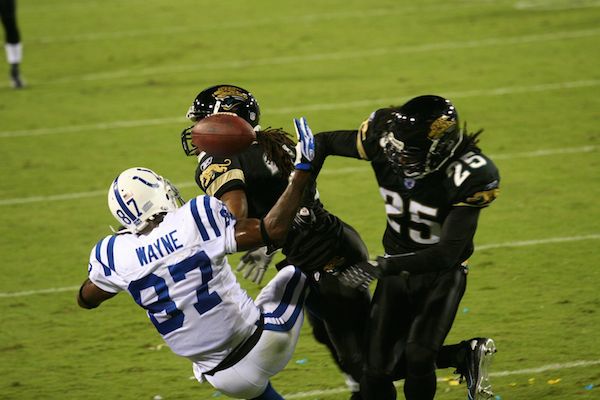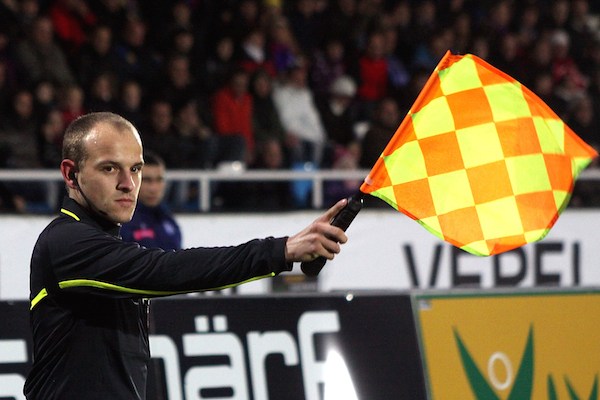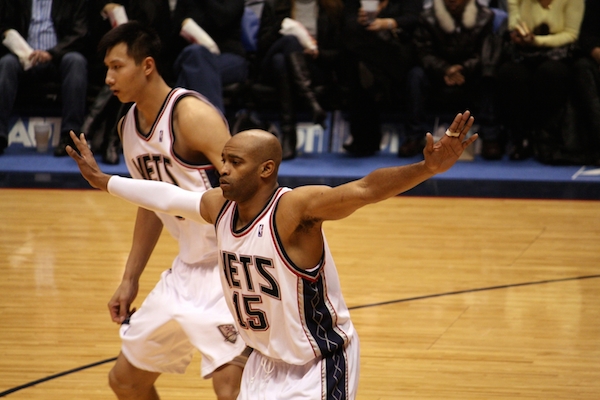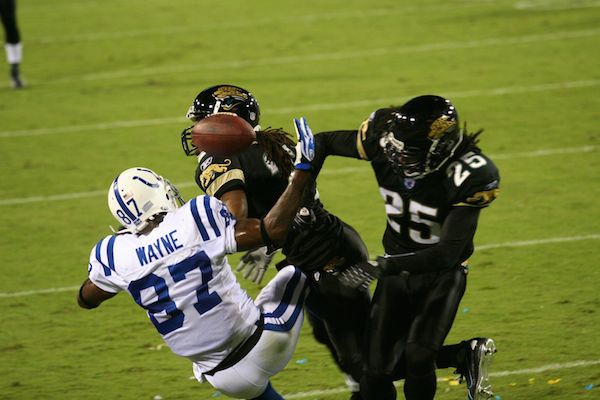Dear Sports Fan,
How do people choose a team to root for?
Thanks,
Meng
Dear Meng,
That’s a great question! It must seem somewhat unclear, especially in a big city like New York where there are many people from all over the country and world and where there are multiple local teams in most sports. I’ll do my best to break this down for you:
Primary Reasons:
- Heredity — If you are a child of sports fans, they start indoctrinating you at an early age. There’s baby clothing, hats, and pennants. They take you to games, which is fun for any number of reasons that don’t involve sports but which gets associated in your mind with the home team. You learn to not bother Daddy and Mommy while they are watching their favorite team and that if you are in the room, you have to root with them!
- Location — Most places in the country have a clear regional alliance with a set of sports teams. If you grow up in Western Pennsylvania you root for the Steelers, Penguins, and Pirates. If you grow up in Utah, you’re going to root for the Jazz. If you grow up in New Orleans, you are a Saints and Hornets fan. Why? Because they are the only games in town!
Heredity and Location probably account for 80% of all the sports allegiances. But, there are always oddballs like me whose parents didn’t have any strong allegiances (except to the Brooklyn Dodgers, but that’s another story…) and who grew up in an area like Central New Jersey where there were no clear home teams in some sports. When that happens, people tend to fall back on…
Secondary Reasons:
- Style — It is rare, but sometimes a team will play with such panache that their actual play attracts fans. Even more rare is a team that plays so poorly that they repel fans. This was the case with my favorite hockey team. I started watching Hockey seriously in 1993-94 and even though I was from New Jersey, I quickly decided that I could not in good conscience root for the New Jersey Devils. Their strategy in those days was to compensate for their lack of skill by playing a rigidly disciplined, passive, and defensive style of hockey that involved negating their opponents skill by hanging onto their shirts the whole game… meanwhile, over in Pittsburgh, the Penguins were playing a wide open, offensive game. They tried to beat you 9-8 instead of 1-0. They were fun to watch and I soon became a fan. Other examples of teams whose style could have attracted fans are the Philadelphia Flyers on the 1970s (they beat their opponents bloody,) the Dutch national soccer team of the late 60s and early 70s who pioneered the “Total Football” style, or the Brazilian national soccer team of the… well… just about anytime…
- Bandwagon — Sometimes it’s not about how a team plays, but how well they do. Most people enjoy rooting for a winning team, so winning teams tend to have more fans. There was a pretty cool article about this the other day on The Big Lead that showed that Super Bowl winning football teams see a 4% increase in fans identifying them as their favorite team in the year after they win. If you know someone who is a Lakers, Yankees, and Cowboys fan, this is probably why.[1]
- College — This one is pretty straight forward. When it comes to College sports most people root for their Alma Mater. Go Rutgers!
- Friendship — When you watch sports with a good friend, as long as it doesn’t go against your own favorite teams, you begin to pull for the teams they root for. Over time, these topical rooting experiences add up. If you don’t have a favorite curling, swimming, or netball team, maybe you adopt theirs.
- Video Games — Believe it or not, I think a lot of people root for teams at least in part because they enjoyed playing as them in a video game. Sports video games are a great way to get into a sport that you’re not familiar with and while playing them you do develop a relationship with the team you most often play as.
Hope this answered your question,
Ezra Fischer
- Also stop being friends with them.↵

